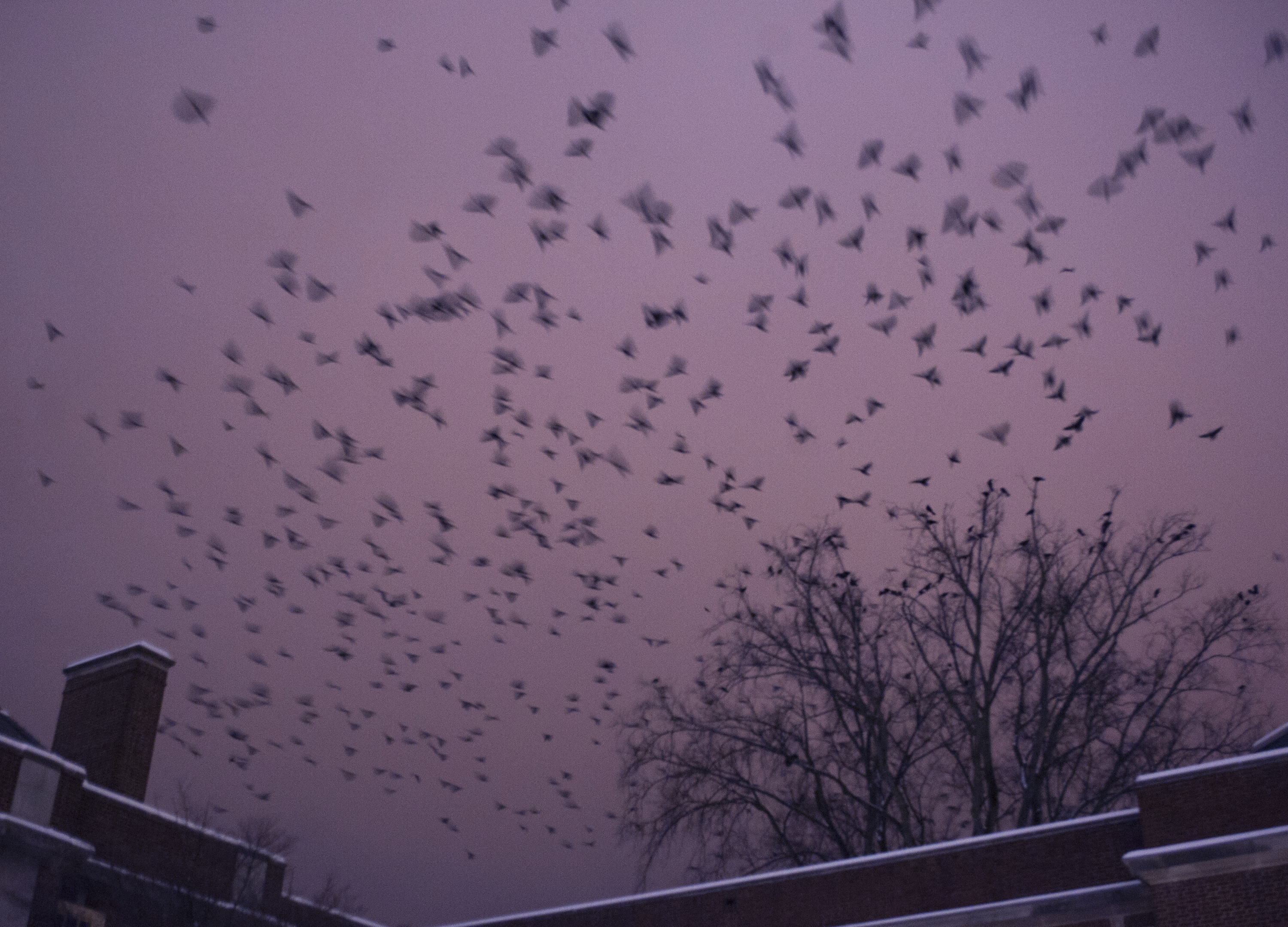Katrice Bridges Copeland once worked as an attorney in Washington, D.C., defending pharmaceutical companies in fraud cases. The experience was an eye-opener. Now she teaches white-collar criminal law at Penn State’s Dickinson School of Law, where her research targets illegal marketing practices by the pharmaceutical industry. Most of the illegalities stem from off-label marketing of prescription medications. Such uses constitute fraud because companies receive government reimbursements for those drugs even though the purposes are not FDA-approved.
Copeland maintains that federal deterrents against such practices are ineffective, and she offers some solutions that she says will help solve the problem. The government pays out a whopping $60 billion a year in Medicare and Medicaid reimbursements to drug companies, so what she has to say is getting national attention. See a recent USA Today story, for example.
What usually happens, Copeland explains, is that the government launches an intense investigation of a drug company’s alleged violations, the company admits guilt and pays a fine—and then becomes a repeat offender. Another investigation and fine may follow, but the fines are often outweighed by the increased profits that accrue from the illegal practices.
The government is generally unwilling to pursue pharmaceutical manufacturers through the courts because as the law stands now, conviction means excluding a company from receiving any Medicare and Medicaid reimbursements for any of its drugs. That would seriously harm innocent parties: shareholders, employees, and patients who are prescribed any of the company’s drugs. (Patients would have to pay for their medications from their own pockets.)
Copeland suggests several solutions to the problem, including holding corporate officers who participate in illegal practices criminally liable, and removing only the drug in question from Medicare and Medicaid reimbursement. Innocent third parties would be shielded from the devastating consequences of having all the company’s pharmaceuticals excluded.
Copeland explains in this brief Penn State Law video what prompted her research. Her recent paper, “Enforcing Integrity” offers more details about her proposed solutions.


